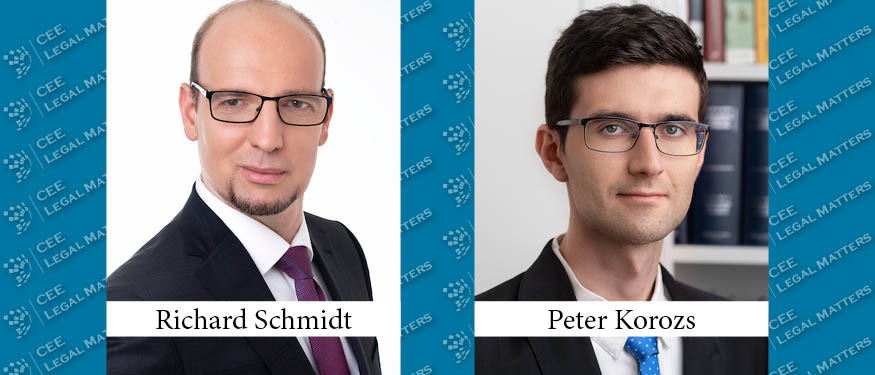In business life parties often use promissory notes to secure transactions since these instruments allow creditors to get back their money rapidly and easily. What special regime applies to promissory note litigations in Hungary? This article summarises the Hungarian promissory note litigation regime.
Promissory notes in general
A promissory note is an unconditional promise in writing made by the debtor to the creditor to repay a sum of money in the future within a specified deadline, which is often used to secure loan and other financial transactions.
According to the principle of independency, the promissory note is completely independent from the underlying relationship between the parties, allowing fast and hassle-free recovery of the amount certified by the promissory note, even if the base contract itself is defective for any reason. (e.g.: invalidity etc.).
Promissory notes are governed on international level by the Convention providing a Uniform Law for Bills of Exchange and Promissory Notes, dated in Geneva, 7 June 1930. („Geneva Convention”), to which Hungary is a signatory.
The Geneva Convention lays down not only the requirements of form and content of promissory notes, and the rights and obligations arising out of these instruments, but also some procedural provisions in relation with litigations based on promissory notes.
In addition, in the Hungarian Promissory Note Act (“HPNA”), which has transposed the Geneva Convention into the Hungarian legal order, the lawmaker adopted a special regime for promissory note litigations, to further accelerate the enforcement of these instruments in front of Hungarian courts.
Which court can decide on the case?
Promissory note litigations are legal disputes, in which special legal knowledge is needed, for this reason only regional courts shall have jurisdiction to hear the case at first instance regardless of the value of the subject-matter of the action. This also means that legal representation is mandatory in promissory note litigations in Hungary.
Besides the general territorial jurisdiction rules, according to which the court where the defendant has it registered seat shall be competent (actor sequitur forum rei), in a promissory note litigation, the plaintiff can seize the court of the place of payment, as well.
Moreover, based on the principle of independency, the jurisdiction or choice-of-court clause in the main contract (e.g. a loan agreement) does not apply to the action on a promissory note.
How speedy is the litigation?
Due to the privileged position of the promissory note claim, the Hungarian Promissory Note Act law lays down a fast-track procedure for promissory note litigations compared to ordinary actions.
As a rule, the court acts as a matter of priority by default at all stages of the proceedings, including in appeal proceedings.
In general, the time-limit fixed by the judge shall not exceed thirty days, including any extension, unless the preparation of the expert opinion requires a longer period.
The time limit for submitting a written statement of defence and set-off is fifteen days (instead of 45 days).
Moreover, the HPNA sets out further rules aiming to prevent the prolongation of the procedure: for example, a claim based on a promissory note cannot be combined with a claim based on a non-promissory note. Furthermore, no intervention by or joinder of third-parties shall be permitted in the procedure.
To which extent is the party's right of disposal limited?
While the civil litigation is based on the free disposition of the parties, in a promissory note litigation the court shall consider of its own motion i) that the instrument is not a promissory note due to the absence of the mandatory requirements laid down by law, ii) that the set-off is excluded under the HPNA, and iii) that the substantive objection is not valid under the HPNA.
In order to avoid the lengthening of the litigation, only the following claims may be set off against a claim which is based on a promissory note: i) a claim based on the final and enforceable decision; ii) claim recorded in a public deed; iii) a claim acknowledged by the holder of the promissory note, or iv) a claim based on an overdue promissory note,
Summary
Promissory notes can fulfil their business function in case their enforceability in front of courts is hassle-free and fast. In line with the international standards, the Hungarian promissory note litigation regime allows a fast-track recovery mechanism for creditors who secure their claim with this instrument.
By Richard Schmidt, Partner, and Peter Korozs, Junior Associate, SmartLegal Schmidt & Partners




